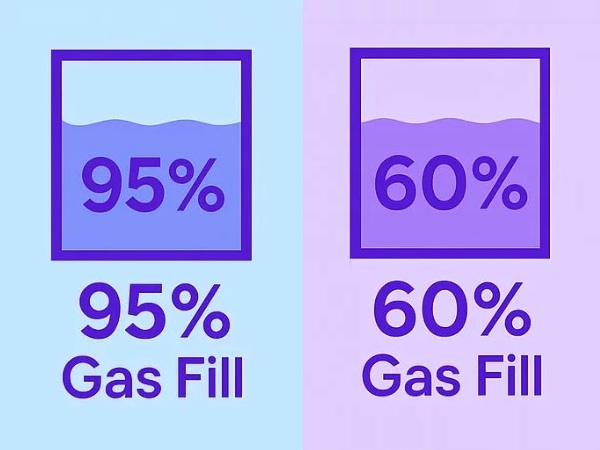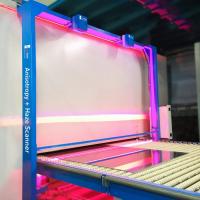
Date: 4 December 2024
1. Thermal Performance: Insulation and Energy Efficiency
Single Pane Glass: Typically has an R-value of around 1 (RSI below 0.2), indicating poor insulation properties.
Sealed Units: Double-glazed units can achieve R-values between 3 and 4, significantly reducing heat transfer. Triple-glazed units can reach R-values up to 5 or higher, offering superior insulation.
2. Noise Reduction
Single Pane Glass: Provides minimal sound insulation, allowing most external noise to pass through.
Sealed Units: Double-glazed units can reduce noise levels by approximately 20-30 decibels, depending on glass thickness and the gap between panes. Triple-glazed units offer even greater noise reduction.
3. Condensation Resistance
Single Pane Glass: Prone to condensation on interior surfaces, especially in colder climates, leading to potential mold growth and damage.
Sealed Units: The insulating layer between panes keeps interior glass surfaces warmer, reducing the likelihood of condensation. Additionally, the use of desiccants in spacers helps absorb any moisture that may enter the unit.
4. Energy Savings and Environmental Impact
Single Pane Glass: Due to poor insulation, single-pane windows can lead to higher energy consumption for heating and cooling, increasing utility costs and carbon footprint.
Sealed Units: By improving insulation, sealed units can reduce energy consumption for heating and cooling by up to 20-30%, leading to significant cost savings and a lower environmental impact.
5. Cost and Long-Term Value
Single Pane Glass: Lower initial cost but higher long-term expenses due to increased energy bills and potential for condensation-related damage.
Sealed Units: Higher upfront cost but offer long-term savings through reduced energy bills and increased property value. The lifespan of sealed units can exceed 20 years with proper maintenance.
These metrics underscore the superior performance of sealed units over single-pane glass in terms of energy efficiency, noise reduction, condensation resistance, and long-term value.
Contact Sparklike for more information and support on measuring argon concentration in IGUs.
Contact Sparklike for More Information
Sources used in this text:
https://en.wikipedia.org/wiki/Insulated_glazing
https://www.guardianglass.com/us/en/why-glass/build-with-glass/glass-functions/thermal-insulation
https://www.pilkington.com/en/global/products/product-categories/noise-control
https://centennialglass.com/window-repair/window-repair-faq/what-are-window-sealed-units/
https://glassforum.org/understanding-insulated-glass-units-igus/
 600450
600450
























Add new comment